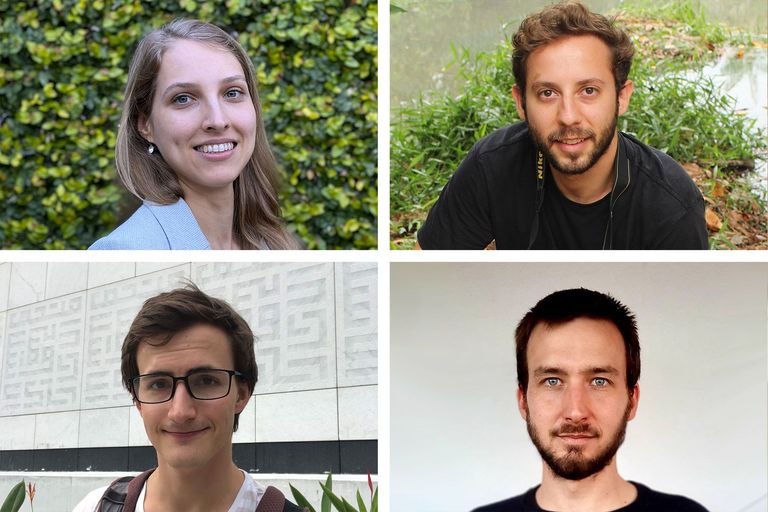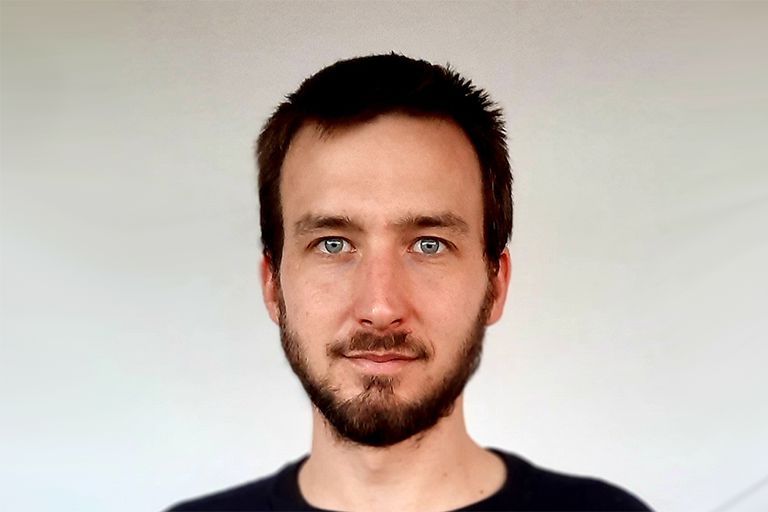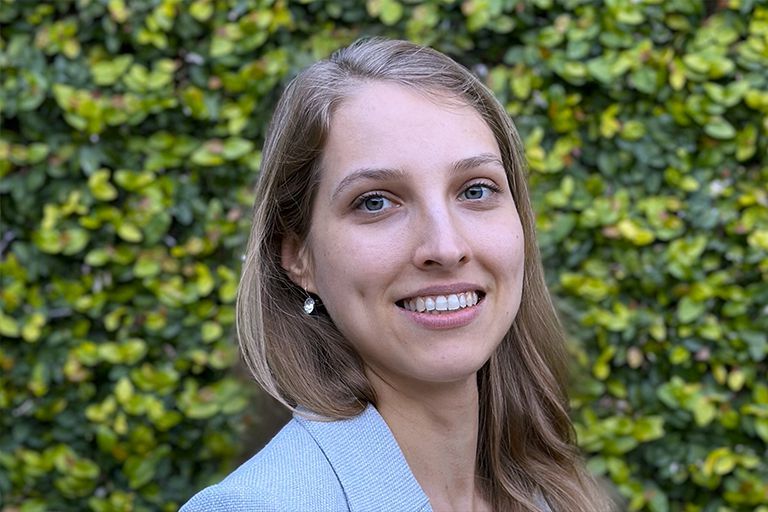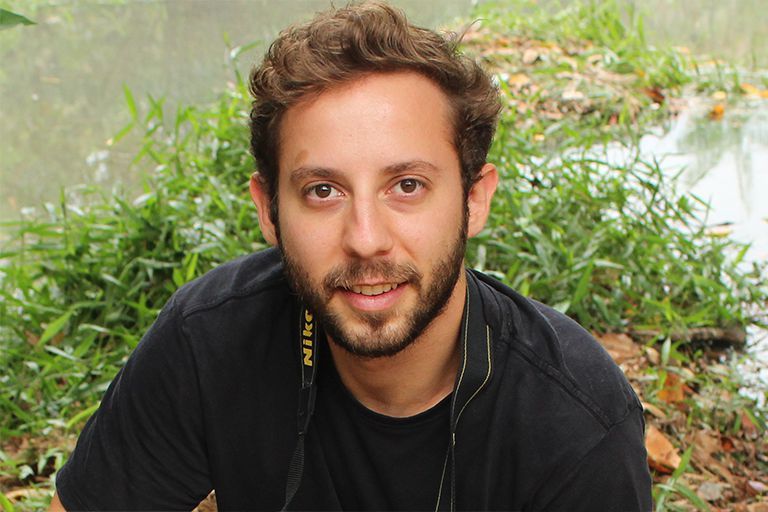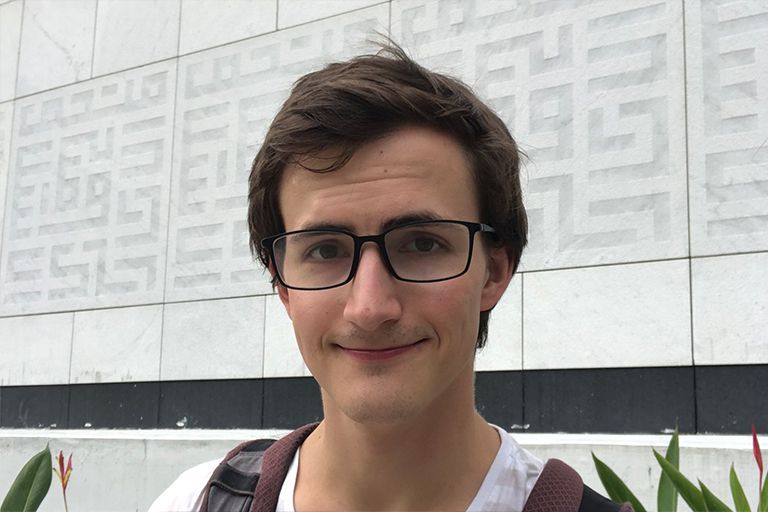Astrid Tomczak-Plewka
Higher mathematics is a complex subject that prompts most people to give up in despair. But then there are people like Jonathan Gruber, who already as a schoolboy was achieving success in Mathematical Olympiads and even attended a few lectures at university. His view is that maths may not be simple, but at least it's clear. "In mathematics, there is a relatively clear definition of what is true – that's to say, what can be proven – and what is not," says this year's winner of the Prix Schläfli Mathematics. "And as far as my understanding goes, there are many other branches of science where you have to start out by making certain assumptions – without which nothing works."
This careful choice of words is typical of him. He comes across as highly focused during our interview, and he pauses repeatedly – knowing that what he does on a daily basis can hardly be translated into everyday language. Gruber's dissertation at the Swiss Federal Institute of Technology in Lausanne (EPFL) explored a sub-area of representation theory. Roughly speaking, representation theory deals with symmetries of spaces and algebraic objects, such as a cube. Symmetries of this sort can be described mathematically in a coordinate system. But as well as relatively simple objects such as a cube, there are also more complex objects with much higher dimensions. These can be fragmented into smaller objects, so to speak. The coordinates of a three-dimensional object can then be multiplied by those of a four-dimensional object, resulting in twelve dimensions – and an object that is far more complex than the two original objects. These are known as tensor products.
A brilliant way to arrive at generally valid results
"The essential question I addressed in my doctoral thesis was how to break this multiplied representation down again into smaller pieces," Gruber explains. This may sound almost trite to laypeople, but his work is of groundbreaking significance for science. Gruber's supervisor at EPFL, Donna M. Testermann, writes: "It is notoriously difficult to obtain general results in this field. But Jonathan was able to do so in a brilliant manner." And she concedes: "He quickly moved beyond my area of expertise." To prove the point, she quotes an expert in Gruber's field: "The Candidate is well placed to become perhaps the leader of his generation in the rational representation theory of algebraic groups." So there are good prospects for him at age 27. Gruber is currently at the University of York in the UK, thanks to a Postdoc Mobility fellowship from the Swiss National Science Foundation. He also foresees a future for himself in the academic world, and is very happy that the Prix Schläfli could perhaps pave the way for him to achieve this.
Lifting weights …
To distance himself from abstract problems, Jonathan Gruber subjects his body to extreme challenges: since he was 19, he has trained several times a week in weightlifting – the classic "snatch" and "clean and jerk" that we see Olympic athletes perform. "I practised martial arts for quite a long time, but suddenly realised that I'm not at all comfortable competing against an opponent," he explains. As a weightlifter, he competes against himself while honing his technique. "You can go far in this sport if you have plenty of discipline. The physical exertion helps me to switch off." But this outstanding mathematician also takes on intellectual challenges outside of his research. "I love reading, in English and French as well as German, so as not to lose my foreign languages."
… and podcast marathons
And in the evenings, he likes to cook. He's been vegan for several years now, and he prepares large portions so there's still enough for lunch the next day. But he also makes sure that his mind has plenty to do while he's cooking. He enjoys listening to podcasts: one of his favourites is the never-ending ZEIT podcast Alles gesagt? This features two journalists talking with their guests for hours – until they end the conversation with a code word defined at the beginning. The podcast has cult status, but there are probably few listeners as meticulous as Jonathan Gruber: he has listened to all 80 or so episodes in full. Some people might find this rather obsessive. But for Jonathan Gruber, it's consistent – because he likes his life to be just as clear as mathematics. Or in his own words: "I'd go so far as to claim that my everyday life is relatively organised."
